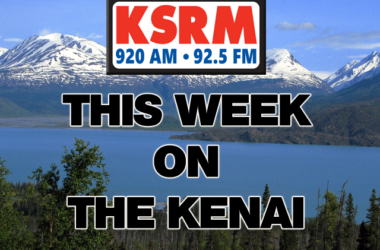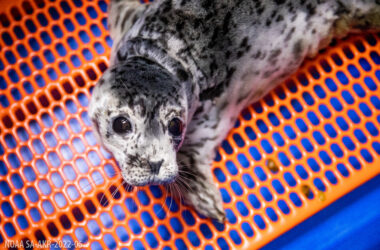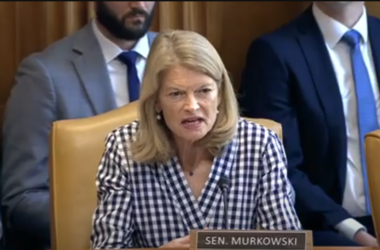A resident of Anchorage is reported to have tested positive for a variant strain of the coronavirus that originally was detected in September in the United Kingdom.
According to the Alaska Department of Health and Social Services, the first identification of Alaska of the new variant strain, or any of the variant strains, are raising concerns among public health officials. State Epidemiologist Dr. Joe McLaughlin said that the variants, “Appear to spread more easily and quickly than other strains of the virus.”
The Center for Disease Control and Prevention on January 25, report that there are 293 cases of the variant called B.1.1.7 in 24 states. Alaska’s Chief Medical Officer, Dr. Anne Zink said, “We’re not surprised this variant has been detected in Alaska.”
When significant variants began to be detected globally this past fall, the state labs began to look for variant strains in Alaska.
The individual who tested positive recently visited a state where the variant already has been detected. They began to experience symptoms on December 17, was tested on December 20, and received a result on December 22. That person isolated after being notified of the positive result. At issue is that they lived with another person who became sick and tested positive. Both individuals have since recovered.
Dr. Zink said, “The two patients remained in isolation and stated that they didn’t have contact with others.” She, however, expects the variant strain to be detected again sometime soon. The CDC warns that this variant of the coronavirus could become the dominant strain in the U.S. by late spring and has the potential to drive further increases in infections in the coming months.
The DHSS cautions Alaskans to help prevent further spread of the COVID-19 virus, including variant strains.
- Maintain six feet of physical distance from others outside your household.
- Wear a face covering around others.
- Wash your hands often and clean frequently touched surfaces.
- Avoid gatherings and keep your social circles small.
- If you start to have symptoms — even mild ones — isolate yourself from others and consult with a health care provider to decide whether to get tested.
- If you get a call from public health, answer it, and take their advice on how to protect yourself and those around you.






